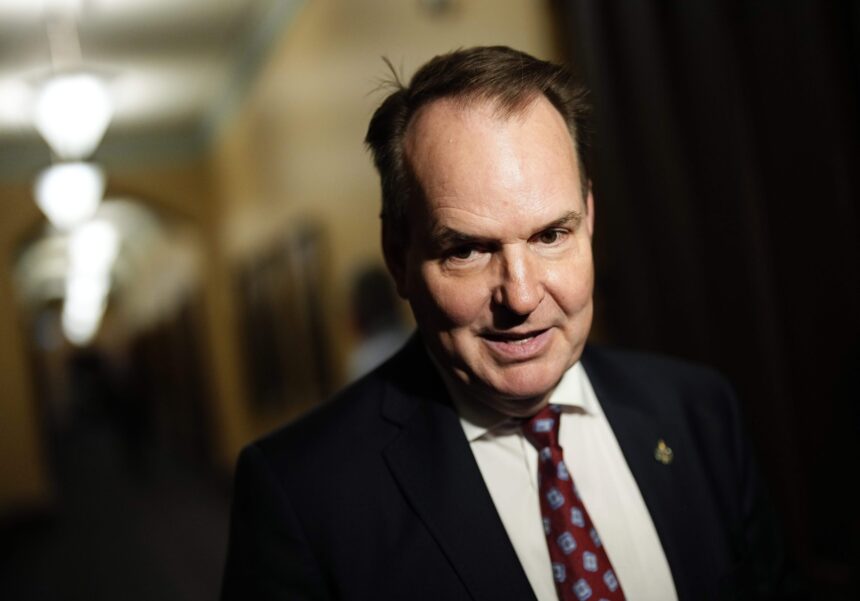In a significant setback for Canada’s progressive political landscape, the New Democratic Party has failed to secure the minimum threshold required for official party status in the House of Commons following the 2025 federal election. Government House Leader Steven MacKinnon confirmed yesterday that despite ongoing negotiations, the NDP’s current seat count falls short of parliamentary recognition standards.
“The rules are clear on this matter,” MacKinnon stated during a press conference on Parliament Hill. “While we value the contributions of all elected representatives, official party status requires meeting specific numerical thresholds that haven’t been achieved in this case.”
The announcement comes as a crushing blow to the NDP, which previously held 25 seats in the 2021-2025 Parliament. Under current regulations, parties must secure at least 12 seats to qualify for official recognition, which brings crucial parliamentary privileges including guaranteed speaking time during debates, committee representation, and additional funding for research and staffing.
NDP Leader Jagmeet Singh expressed profound disappointment but remained defiant. “This is more than a procedural setback—it’s about the voices of hundreds of thousands of Canadians who voted for progressive change,” Singh remarked. “We’ll continue fighting for working people regardless of our official status.”
Political analysts from across the spectrum have noted the significant consequences this development holds for Canadian politics. Dr. Eleanor Ramirez, professor of political science at the University of Toronto, told CO24 Politics that “this effectively reshapes the parliamentary dynamic, potentially strengthening the Liberal government’s position while diminishing progressive opposition voices.”
The situation mirrors previous occasions when established parties have fallen below recognition thresholds. In 1993, the Progressive Conservatives were reduced to just two seats, while in 2011, the Liberal Party narrowly maintained its status with 34 seats after a historic defeat.
For the NDP caucus, the practical implications are severe. Without official status, the party loses approximately $2.8 million in annual funding that would typically support research staff, policy development, and constituency outreach. Individual members will now have significantly reduced opportunities to question ministers during Question Period and will lack guaranteed spots on parliamentary committees where substantial policy work occurs.
Conservative opposition critics have characterized the government’s stance as opportunistic. Shadow House Leader John Brassard suggested that “the Liberals are conveniently enforcing rules when it benefits their parliamentary control, while showing flexibility when it serves their political alliances.”
As Canada News has reported throughout the election, the NDP’s campaign struggled to differentiate itself after years of supporting the Liberal minority government through the supply and confidence agreement. Voters in traditional NDP strongholds appeared to either shift toward the Conservatives in protest or toward the Liberals in strategic voting patterns.
The parliamentary rule book does provide potential avenues for exception. In previous parliaments, unanimous consent motions have occasionally granted limited privileges to smaller parties. However, MacKinnon’s statement suggests little appetite for such accommodation from the government benches.
For Canadian democracy, this development raises important questions about representation and the structural challenges facing smaller parties in our first-past-the-post electoral system. Several electoral reform advocates have already renewed calls for proportional representation, noting that despite earning over 15% of the popular vote, the NDP has been denied formal recognition.
As the new parliamentary session approaches, the question remains: in an increasingly polarized political landscape, can Canada’s democratic institutions adequately represent the full spectrum of voter voices when procedural thresholds limit formal participation?
























